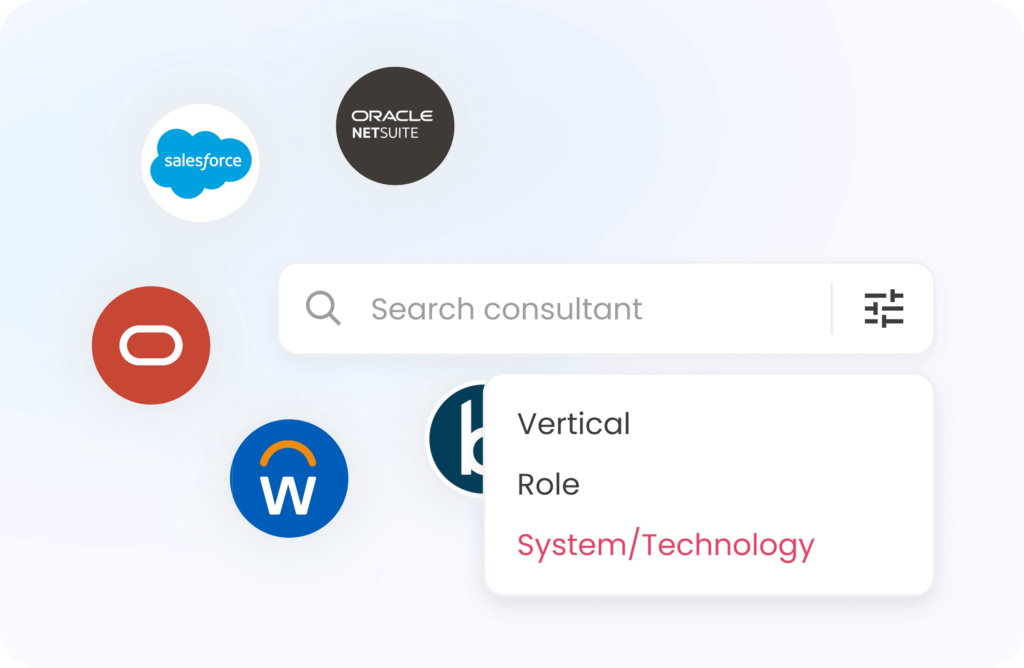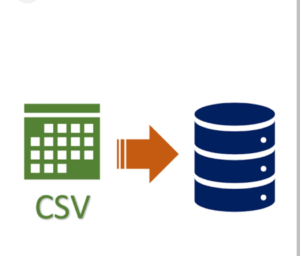Quickbooks, yet another finance management software which targets small and growing organizations to make finance related informed decisions. The software focuses on detailed accounting levels to help businesses manage their finances effectively.
This basic model of accounting software only suffices during the initial stages of organizational growth. As businesses grow, their needs for an accounting system change. This shows the need for a better ERP system in place to overcome the limits in features and customization in QuickBooks.
If your organization has outgrown QuickBooks, Migrating to a more comprehensive ERP like NetSuite can provide the scalability and advanced features necessary to support your expanding business needs.
Here are top early signs to notice for a swift move from QuickBooks to NetSuite.
When to Move from QuickBooks to NetSuite
1.Your Business Indulges in Dealing with Volumes of Data
QuickBooks is a good option for managing a defined set of financial data. But as the business expands, so do business processes. This makes it evident that there is a need for an ERP which will cover and govern all its processes at one glance.
As a cloud-based model, NetSuite can accommodate large volumes of data efficiently. It takes in new business processes and builds validation within the software. This makes it more reliable, secure, and trustworthy.
2. Brining-In Real Time Scalability Sounds a Tedious Process
Updating in patches is no longer preferred by businesses as it often leads to more confusion for the stakeholders.
NetSuite brings in time-bound and defined upgrades for its businesses which brings all the stakeholders on the same page, on the same day.
NetSuite also offers real-time reporting with simultaneous updates, providing a solution to the inflexible reporting framework of QuickBooks.
3.Cost Is Increasing Progressively
QuickBooks uses a subscription-based model and has its cost determined based on the access a user needs for its features and functions.
QuickBooks further charges a business for every add-on customization and add-on modules.
Whereas NetSuite eliminates upfront IT expenditure and delivers automatic upgrades to the entire system.
4. Reporting and Customizations Are Not as Per Set Expectations
QuickBooks does not actively support advanced reporting capabilities, customized statements and detailed search reports. It also brings a barrier in real-time reporting.
NetSuite, on the other hand, comes with its pre-built 300 reports. It can also be further customized, consolidated and derived based on the laws of each country where it operates.
These reports can further be drilled down to its actual source transaction making businesses take informed decisions.
5. Manual Processes Are Ruining the Governance and Integrity of the System
QuickBooks involves a lot of manual intervention while it performs its accounting functions, data entry and reconciliations.
On the other hand, NetSuite can:
- Accelerate the order-to-cash process by 50%
- Have workflows to automate processes as requested
- Bring in financial automation and security into the business with added 2 factor authentication for every user.
6. Integration Is Becoming Cumbersome
Every company has an IT landscape, and its main ERP has to integrate with these boundary applications. QuickBooks, however, does not possess this capability of offering this required connectivity with the boundary applications resulting in increased complexity for the business owners.
NetSuite here has its own Suite Connectors: SuiteTalk and SuiteScripts. These are used for integrations across various ERP platforms to bring in a smooth inflow of data and streamlines the entire back-end office into the ERP.
Takeaways
With NetSuite, businesses can streamline their processes and eliminate manual intervention while reducing costs and improving the overall efficiency as per changing market conditions!
Plus, bringing in up-to-the-minute data insights further improves our informed decisions taken at a longer-run.






